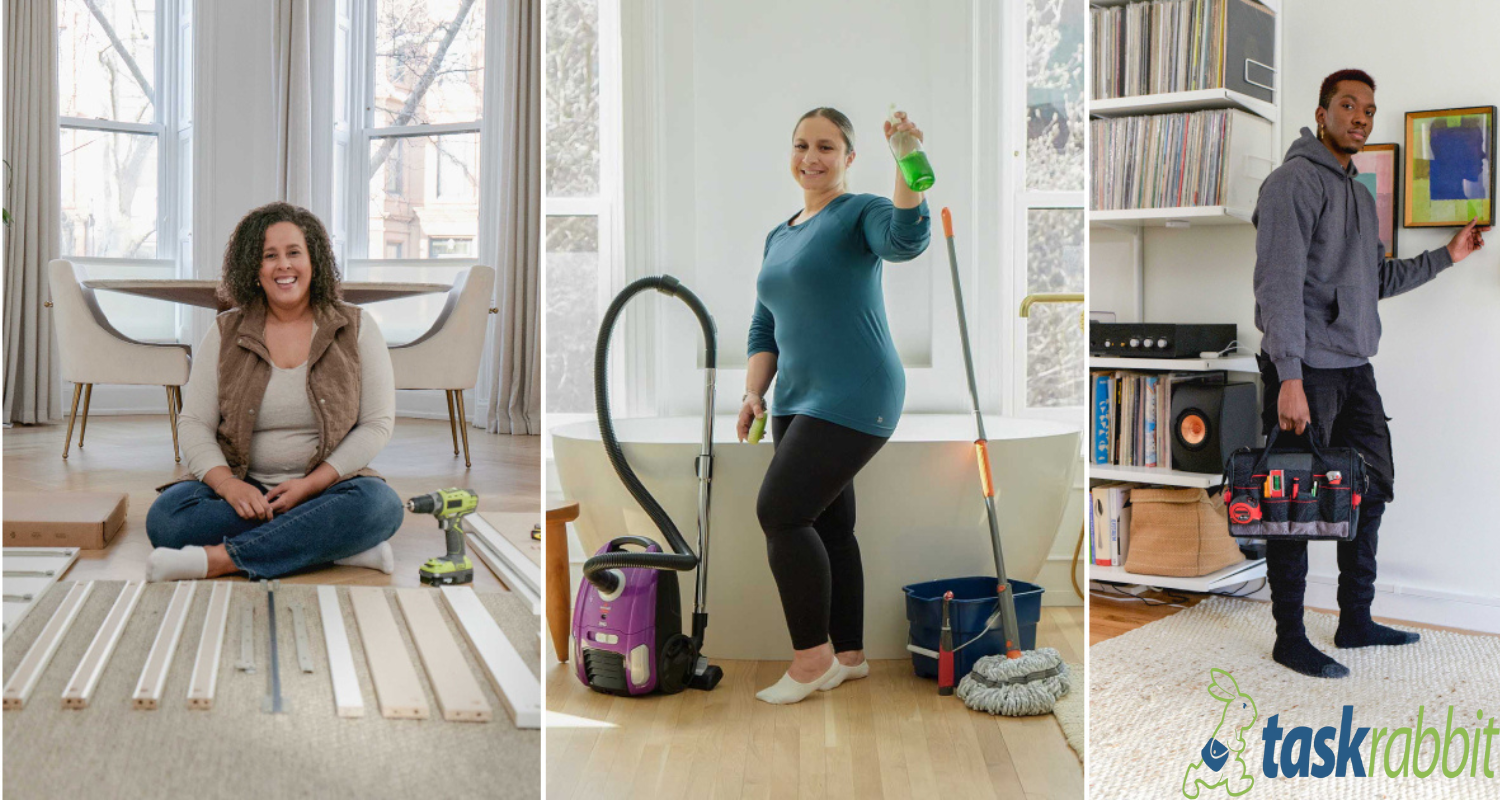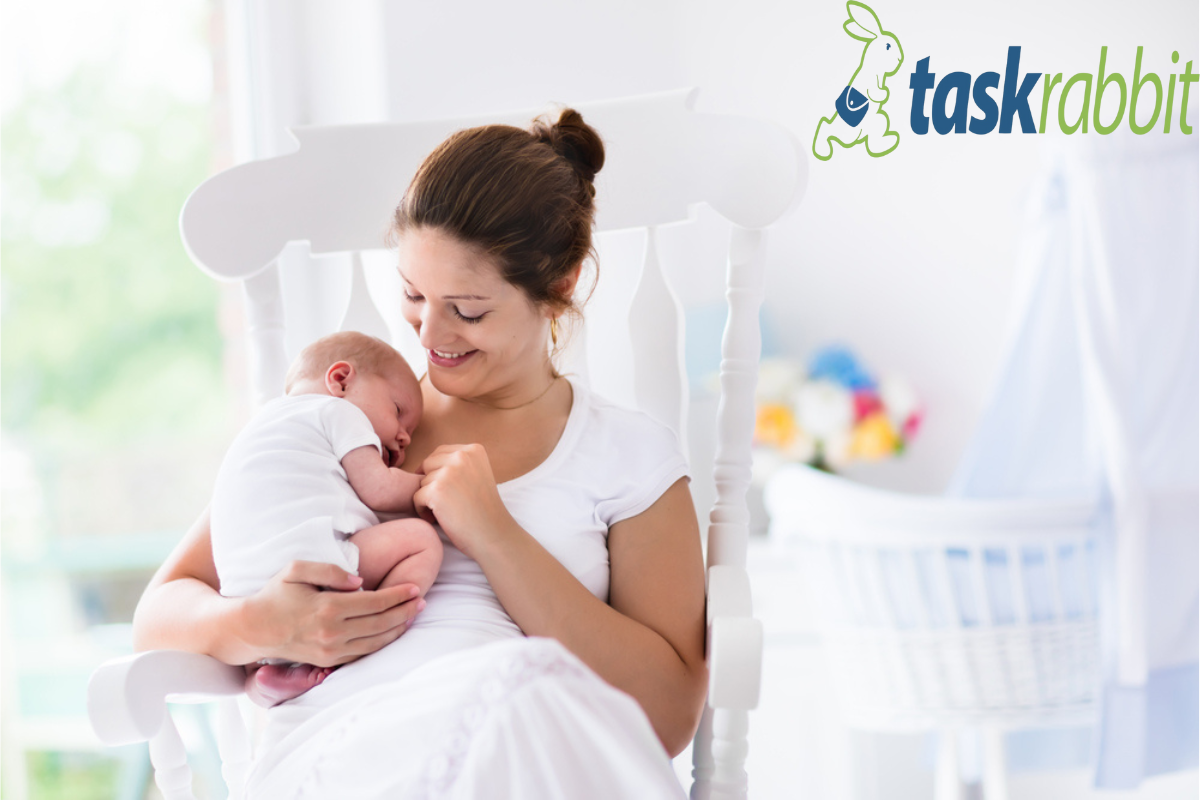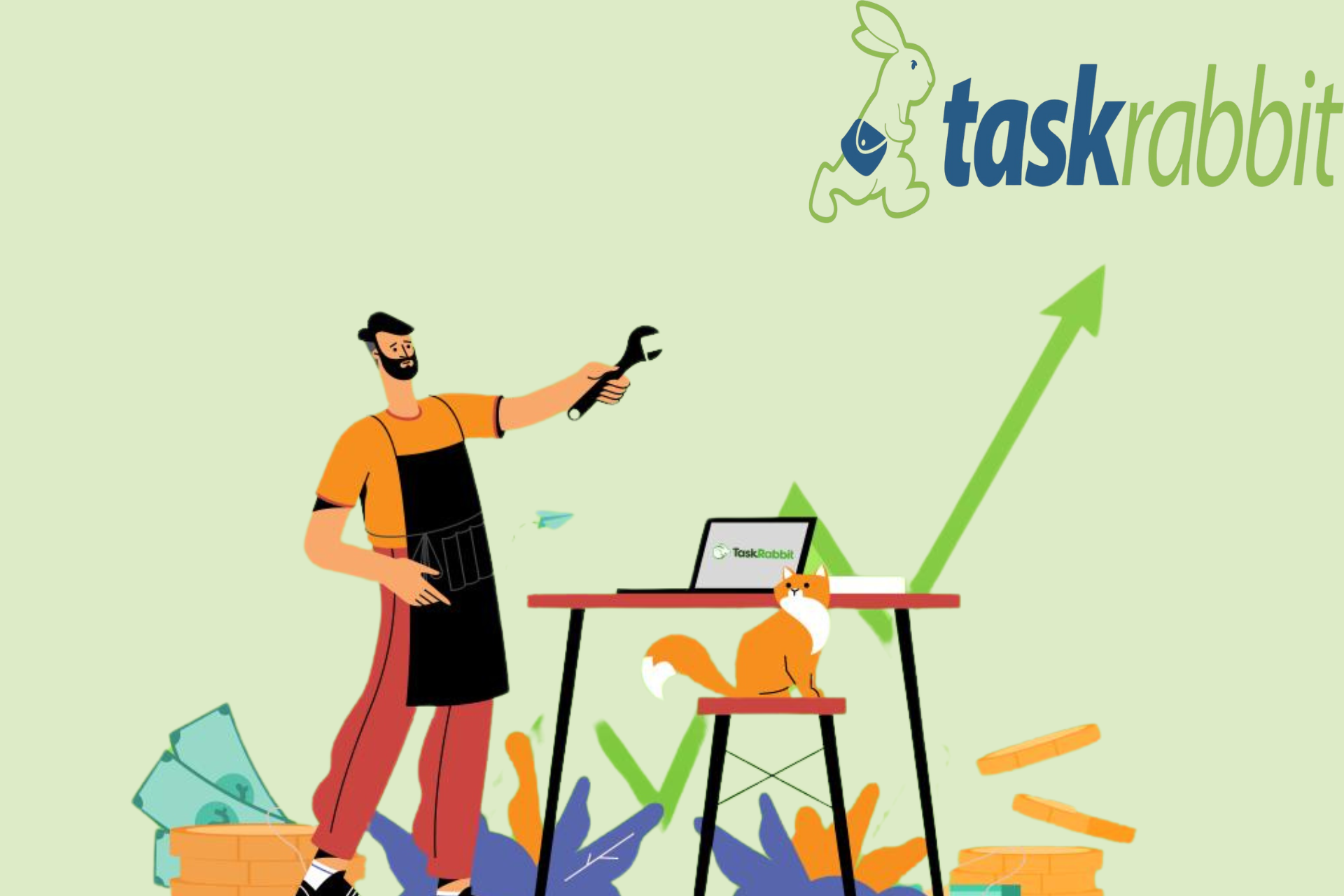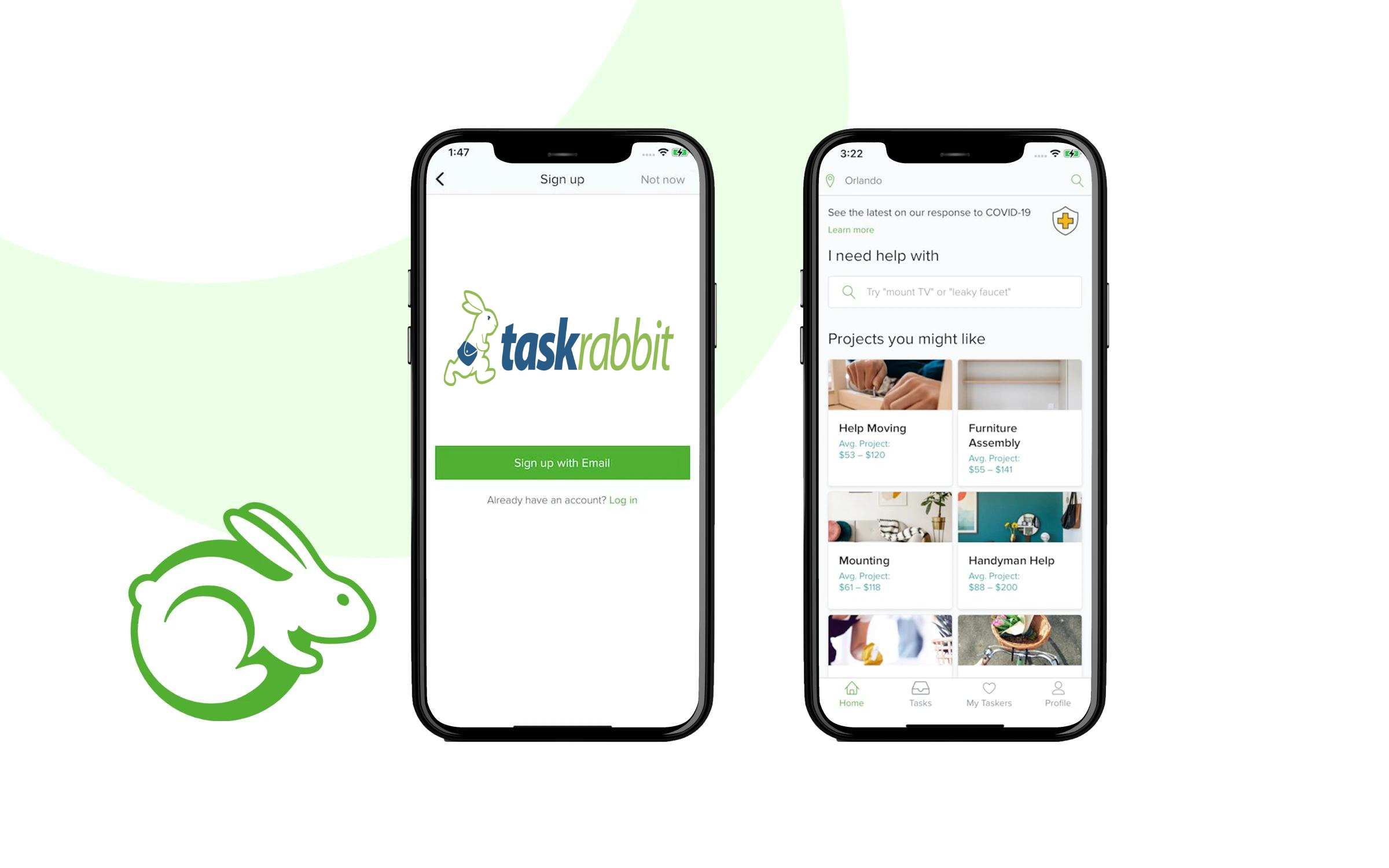Do you know that Neiman Marcus is stepping up its sustainability efforts?
Neiman Marcus Group is increasing its retail resale activities and its support for ESG (environmental, social and governance) strategies in support of the Neiman Marcus Group.
The premium retailer intends to open nine additional Neiman Marcus Fashionphile stores during the next nine months as part of its upcoming 2025 ESG strategy. In addition, it was announced in April 2019 that Neiman Marcus had purchased a small investment in Fashionphile, an online retailer of pre-owned ultra-luxury handbags, jewelry, and other accessories.
Openings in Boca Raton, King of Prussia, Atlanta, and Austin will be followed by new Fashionphile outlets in San Antonio and Las Vegas beginning in spring 2022. As of now, there are six Fashionphile locations inside of Neiman Marcus stores in Palo Alto, San Francisco; Beverly Hills; Fashion Island; NorthPark Dallas; and Scottsdale (all in the United States). In addition, Fashionphile now offers Neiman Marcus gift cards as an additional payment option for consumers who sell luxury goods through the Neiman Marcus online marketplace.
Textile Exchange, a non-profit that creates and supports industry standards for preferred textiles, has also just become a member of Neiman Marcus. As a result of its efforts, the group aims to cut CO2 emissions from textile fiber and material manufacturing by 45 per cent by 2030.
With the help of Giving Back Box, Neiman Marcus will also be sending money to a local charity. Customer boxes may be reused, filled with gently worn apparel, accessories and shoes, printed at GiveBackBox.com, sealed with the prepaid shipping label, and dropped off at any UPS, USPS or FedEx facility for pick-up or drop-off to participate.
Introducing new ideas for Circular Business  Neiman Marcus just purchased a share in Fashionphile, an online and brick-and-mortar secondhand luxury shop, and that's what I'll be writing about in this piece. Neiman Marcus and Fashionphile's strategic and structural strategy can be applied to other retail sectors, not only luxury, which is why I chose them.
Neiman Marcus just purchased a share in Fashionphile, an online and brick-and-mortar secondhand luxury shop, and that's what I'll be writing about in this piece. Neiman Marcus and Fashionphile's strategic and structural strategy can be applied to other retail sectors, not only luxury, which is why I chose them.
After the acquisition, a secondhand shop was created within certain Neiman's locations, making it the first premium retailer to do so. In one product category and one industry, it's a trailblazing example of how huge shops may start a new trend like circular fashion. Circular fashion is a "low-hanging fruit" since it's easy to implement, and there's a lot of research and statistics that tell us that the new generations are screaming for pre owned things.
Secondhand marketplace ThredUp has issued its 2019 Resale Report, and it's mind-boggling in terms of the predicted size and quick expansion of the resale industry, customer demographics, and innovation and technology that sparked the revolution.
I'm not going to rehash the importance of this reselling solution (which you are all aware of). Almost $400 billion worth of surplus clothing inventory is disposed of or destroyed in landfills every year. Only 1% of waste is recycled for commercial purposes.
Is there an answer or an opportunity? The following are some of the most important figures from ThredUp's study (the full report is highly worth reading):
- More than a quarter of a trillion dollars will be spent on secondhand goods by 2020, up from $24 billion in 2018.
- By 2028, resale will be larger than quick fashion retail.
- Regarding pre-owned goods, 64 percent of women have purchased or are eager to purchase them, up from 45 per cent in 2016.
- Millennials and Gen Zers are propelling the expansion at a rate 2.5 times greater than that of preceding generations.
Forerunner of the Luxury Retail Industry: Neiman Marcus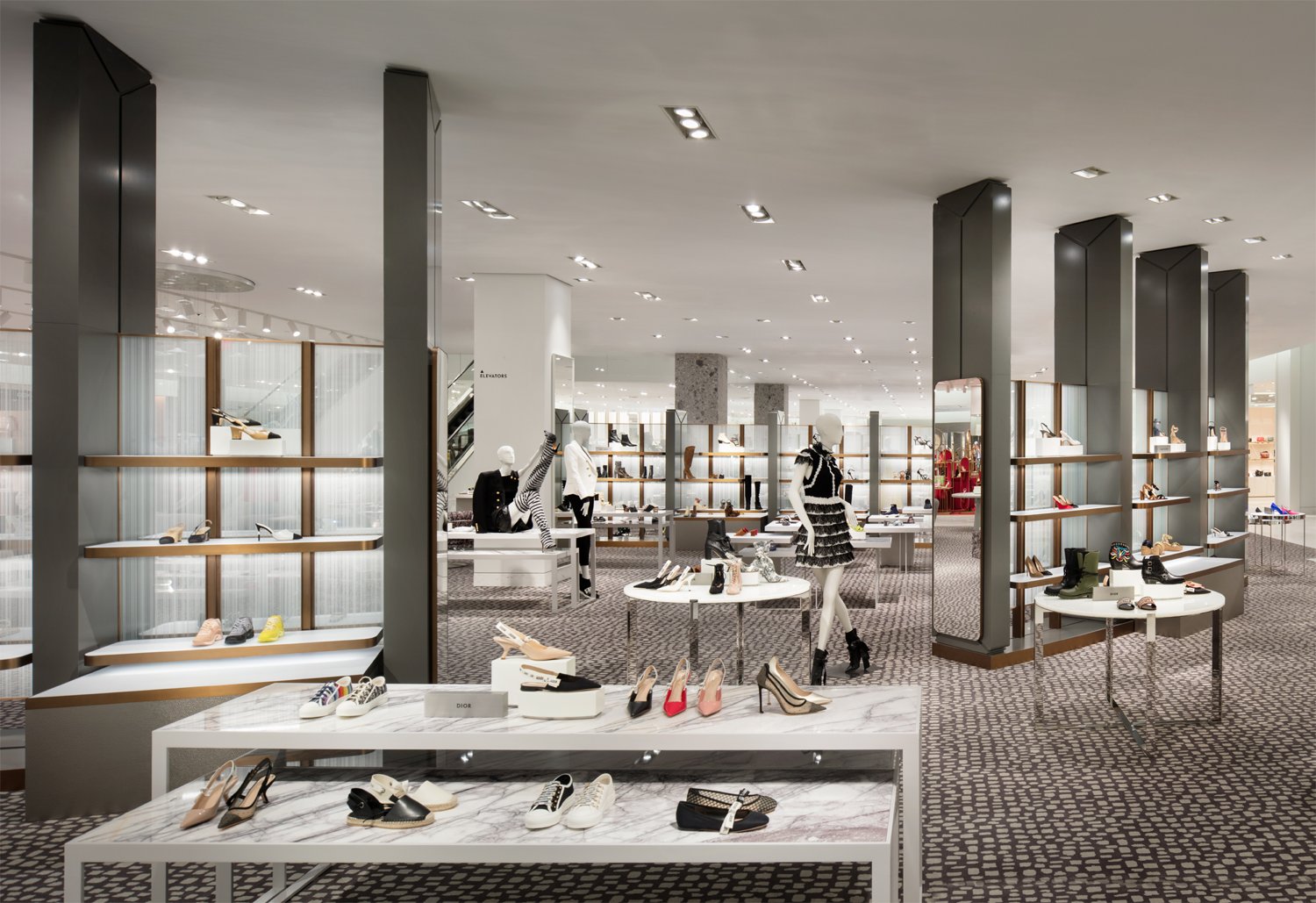 For the first time in luxury retail, Neiman Marcus has introduced an in-store resale model for its customers. After acquiring Fashionphile (established in 1999), it now has access to 15,000 pre-owned ultra-luxury handbags and accessories, all of which have been authenticated to the highest standards. In addition, compared to The Real Real and Poshmark, two other luxury consignment sites, Fashionphile buys the pre-owned items it sells instead of using a consignment model like those two.
For the first time in luxury retail, Neiman Marcus has introduced an in-store resale model for its customers. After acquiring Fashionphile (established in 1999), it now has access to 15,000 pre-owned ultra-luxury handbags and accessories, all of which have been authenticated to the highest standards. In addition, compared to The Real Real and Poshmark, two other luxury consignment sites, Fashionphile buys the pre-owned items it sells instead of using a consignment model like those two.
Ambassadors welcome customers who bring their gently worn items to the Neiman's Fashionphile salons. It's up to the specialists to authenticate and appraise the commodities. Neiman's customers may then make a purchase, or they can use the quote to browse for other things.
Create an upgraded pre-owned experience for consumers by integrating Neiman Marcus' physical footprint and devoted customer base with Fashionphile's digital inventory of ultra-luxury products," according to a business press release. Pre-owned luxury consumers and sellers have minimal overlap, so this cooperation will help Neiman Marcus reach new, younger customers ahead of their prime purchasing years.
A consumer study performed by Neiman Marcus last year indicated that half of its customers were using resale sites, but they were unsatisfied with their offered services. Neiman Marcus' resale customers are younger than its core customers, so as they begin to shop in Fashionphile salons, the amount of data collected will be invaluable for personalizing engagement with the budding shopper, gaining their loyalty and entrenching the relationship into the future.
Neiman's expects to generate roughly $200 million in revenue this year by opening five to seven Fashionphile salons in the autumn. The reality that Neiman's is out front with this model must send a message to both the other premium companies and the broader industry. The desire of the future generation for environmentally friendly, socially responsible, and compassionate ideals and access rather than ownership are genuine. However, this train is speeding up, and you'll be left behind if you don't find out how to change your business strategy to meet the needs of this new generation of customers.
The pre-owned, resale clothing sector is powerful, so don't discount it. However, participation is simple and a crucial component of a circular, sustainable fashion movement. And it's only the tip of the iceberg when it begins to dissolve.
Let's do this!

